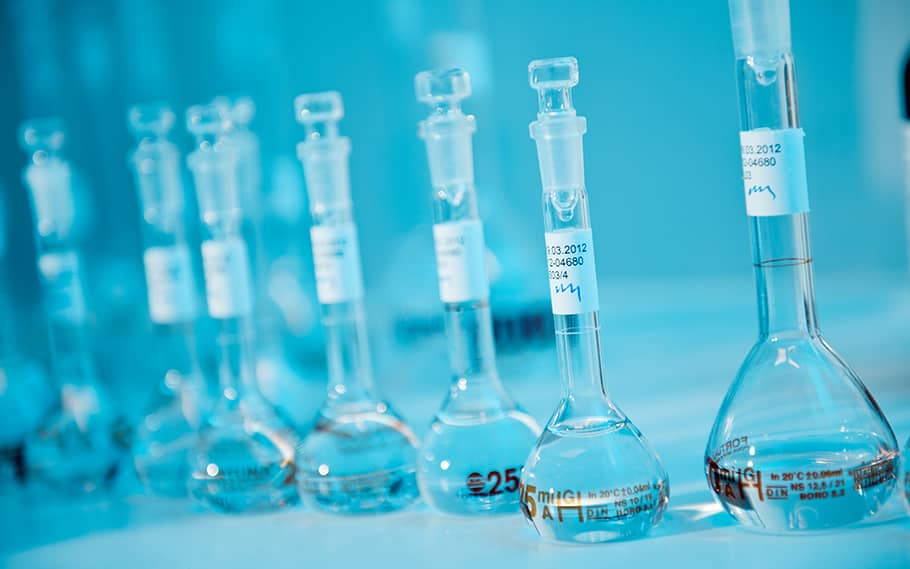Water quality requirements for food companies
Drinking water is of crucial significance in the context of industrial hygiene. In the HACCP concept (Hazard Analysis and Critical Control Points concept) water is considered to be an environmental factor. Additionally, as a raw material, drinking water must also be seen as a food ingredient under the heading “product quality”. As a foodstuff, drinking water must fulfil high quality requirements, as it has a great influence on the hygienic, technological and sensory properties of the finished products.
It should be noted that the quality of externally-provided water can also vary with major changes in the weather (dryness, rainy periods, snowmelt). In Switzerland, more than 80 percent of drinking water comes from spring water and groundwater.
The remainder is obtained through the treatment of lake water, which is mainly available in the more heavily populated areas in the Swiss Plateau and the lake regions neighbouring the Alps. With regard to nitrate content, seasonal variations are observed in the groundwater.
The influence of water pipeline systems on the quality of water
There is also variation over time in water quality within a company’s internal water pipeline system. Depending on conditions (temperature, corrosion, limescale, flow characteristics) substantial populations of bacteria can form up to the level of biofilms, which represent a constant source of contamination.
It is therefore necessary to obtain an overview of the water quality at each respective point of withdrawal.
If the drinking water which is fed into the system fulfils the legally required criteria, it can be used for cooling, washing and production processes as well as for personal hygiene. When used as a foodstuff during processing, then the natural constituents of the water (e.g. minerals --> water hardness) can also have an influence on the end result. A variety of preparation procedures (filtration, decalcification) also affect drinking water with regard to the substances it contains, which can then influence cooking time, texture, and the colour of the other ingredients, as well as the smell and taste of the product. An overview of the possible treatment processes and their effect on the quality of the water is given in a leaflet produced by the Swiss Gas and Water Trade Association (SVGW) (Schweizerischen Vereins des Gas- und Wasserfaches SVGW).

![[Translate to english:] Analyse von Trinkwasser [Translate to english:] Analyse von Trinkwasser](/fileadmin/Content/05_Lebensmittel/Lebensmittel_Trinkwasser-Analytik/lebensmittel-trinkwasser-header.jpg)


